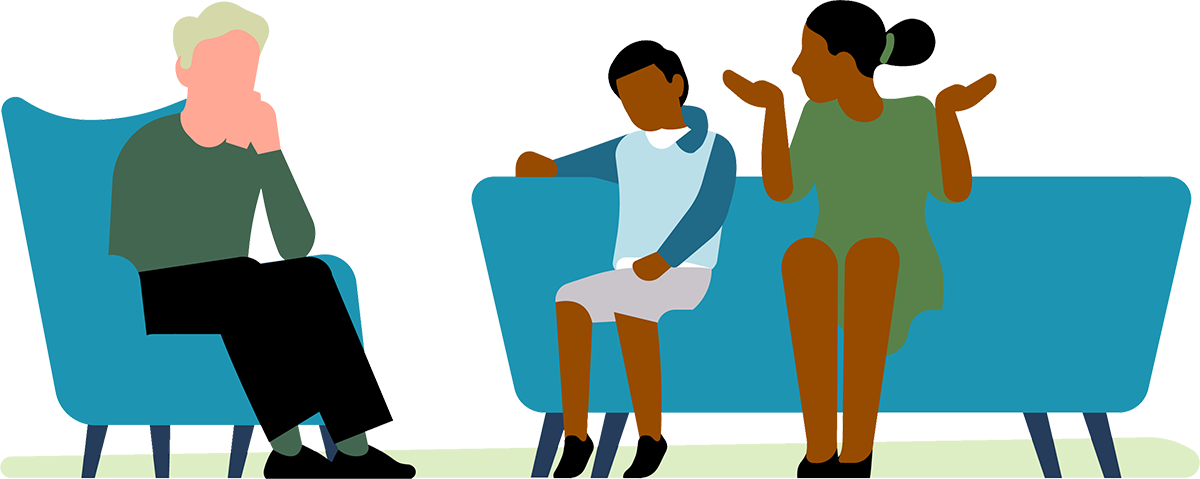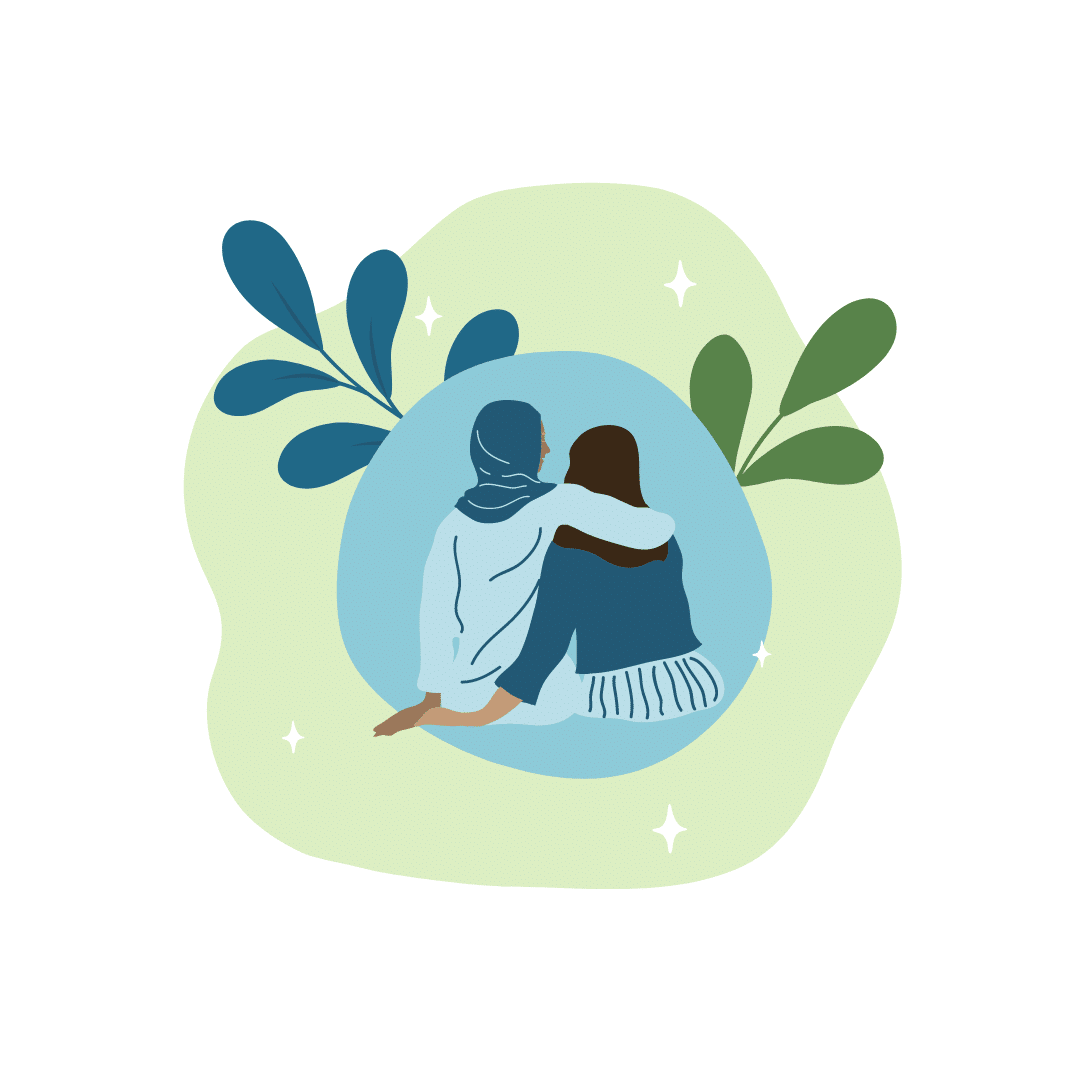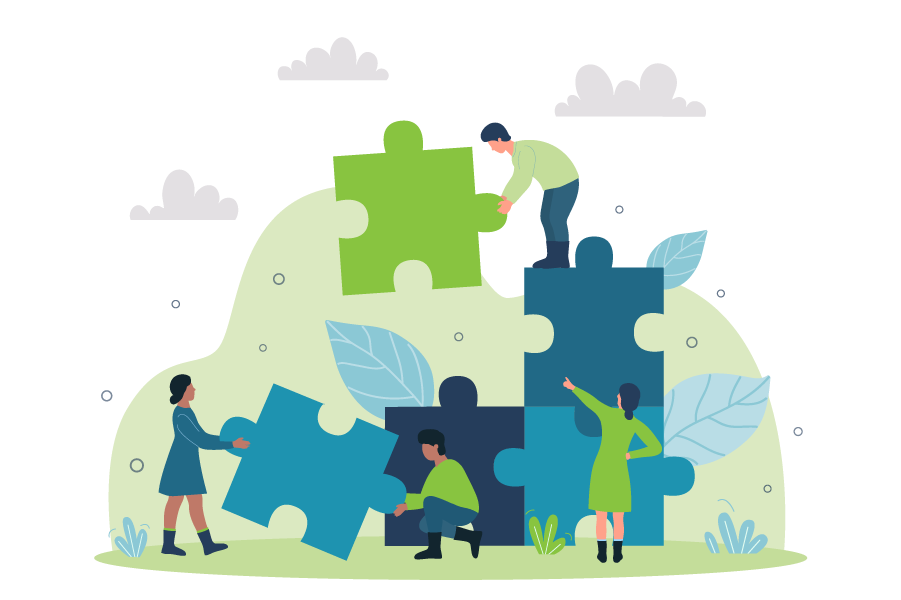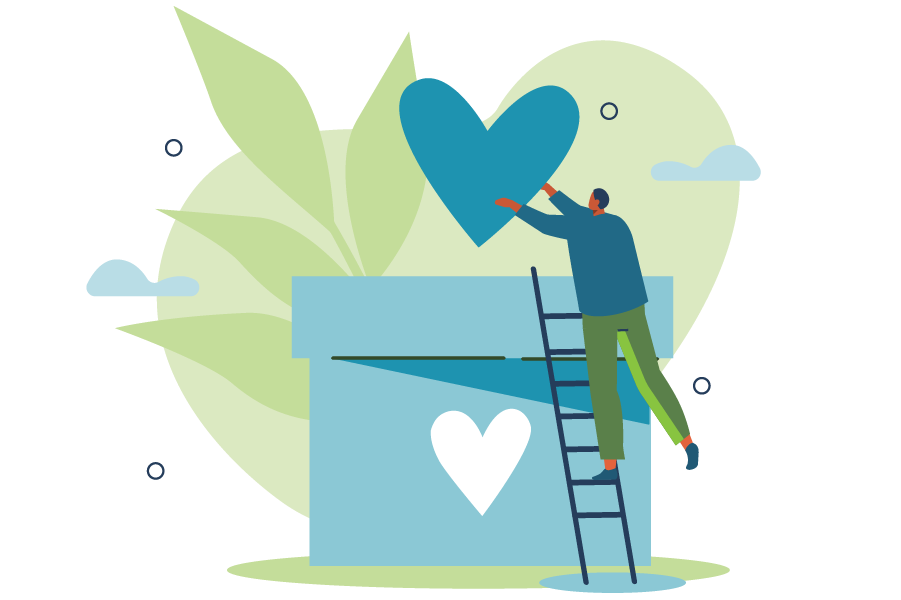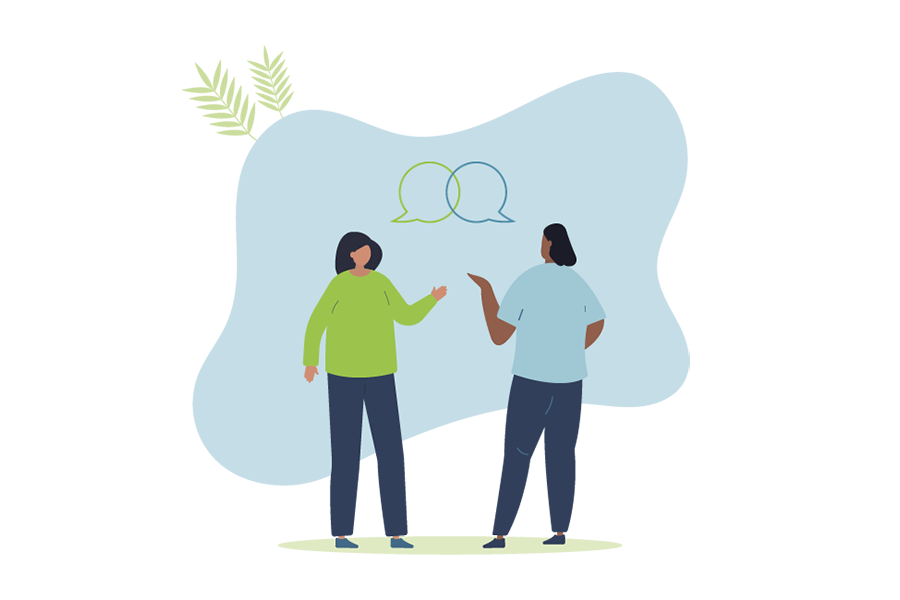Sexual abuse is any non-consensual or coercive sexual activity, including any sexual act, or attempted sexual act, that you didn’t consent to, unwanted advances, and trafficking.
Sexual abuse can be physical, verbal, visual, or anything that forces a person to join in unwanted sexual contact or attention. It can occur within any relationship, and environment, including intimate partnerships, family members, and in the workplace.
Examples of behaviour that may be considered sexual abuse include:
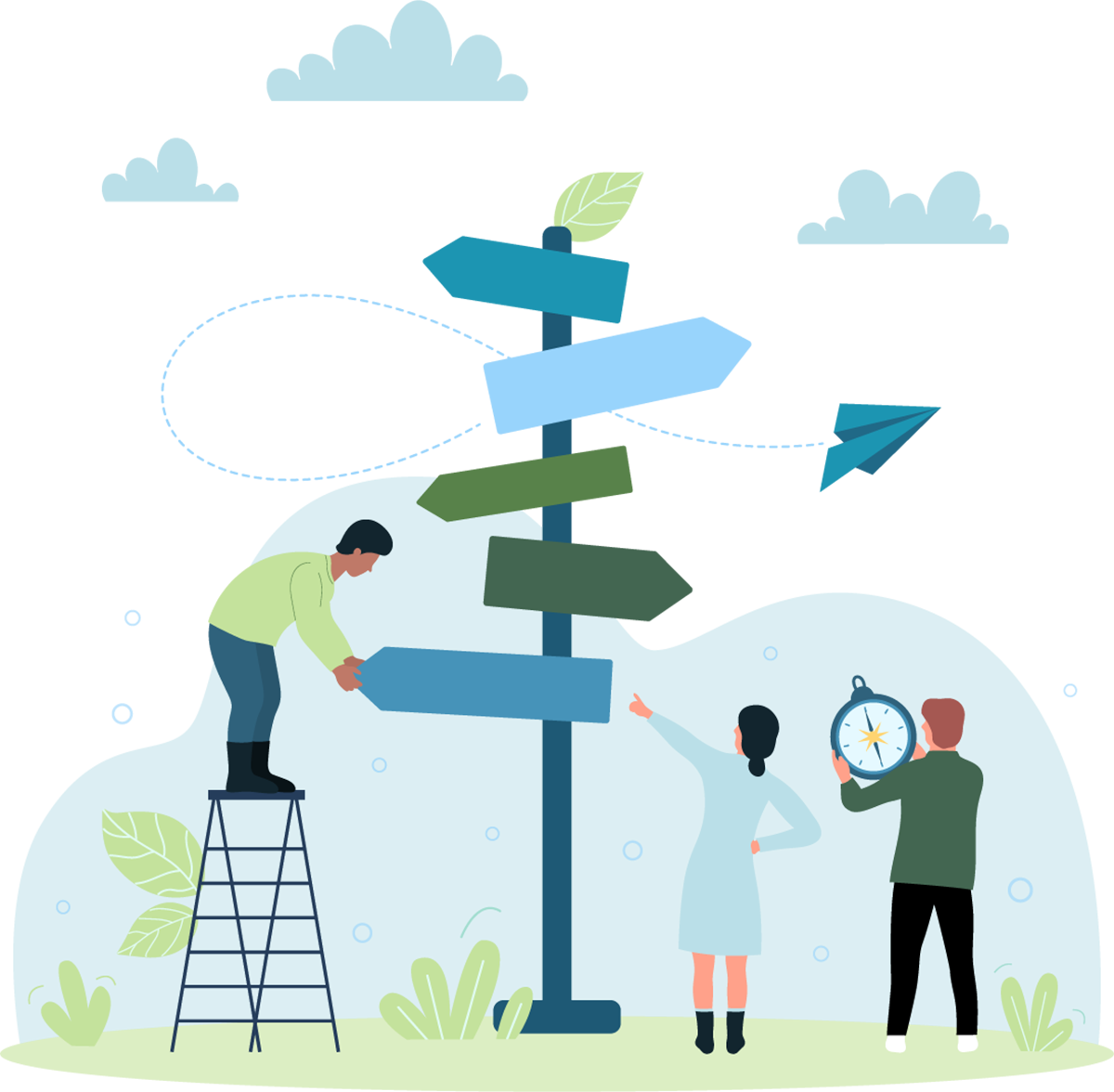
Non-consensual Sexual Activity
Forced Sexual Acts
Sexual Harassment
Exhibitionism
Sexual Coercion
Sexual Exploitation
Child Sexual Abuse
Sexual Intimidation
Sexual Objectification
Revenge Porn
Non-consensual Sexual Activity
Forced Sexual Acts
Sexual Harassment
Exhibitionism
Sexual Coercion
Sexual Exploitation
Child Sexual Abuse
Sexual Intimidation
Sexual Objectification
Revenge Porn
Consent is a fundamental aspect of healthy sexual interactions.
Any sexual activity without explicit and enthusiastic consent from all parties involved is unacceptable and considered sexual abuse.
If you or someone you know is experiencing sexual abuse, you are not alone. Talk to us.
Looking for support? Call our helpline today.
Frequently Asked Questions
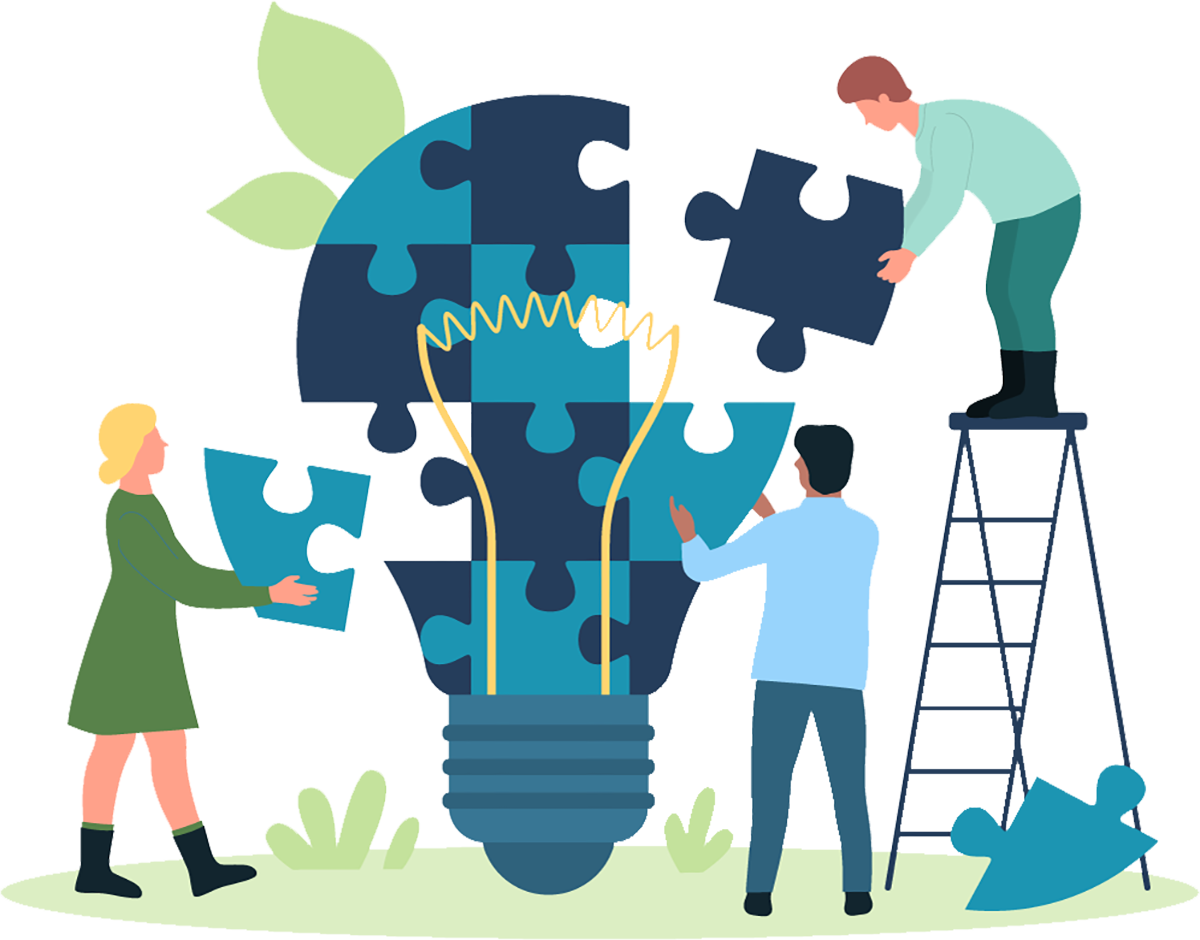
At Freeva we offer confidential support to anyone who has suffered abuse. You can read more about our services here, or you can call us anytime on our helpline: 0808 802 0028.
Donations play a crucial role in sustaining our programs and services. Visit our website’s donation page, where you can make a secure online donation. Additionally, consider organising fundraising events in your workplace or local community to raise awareness and funds for our cause.

